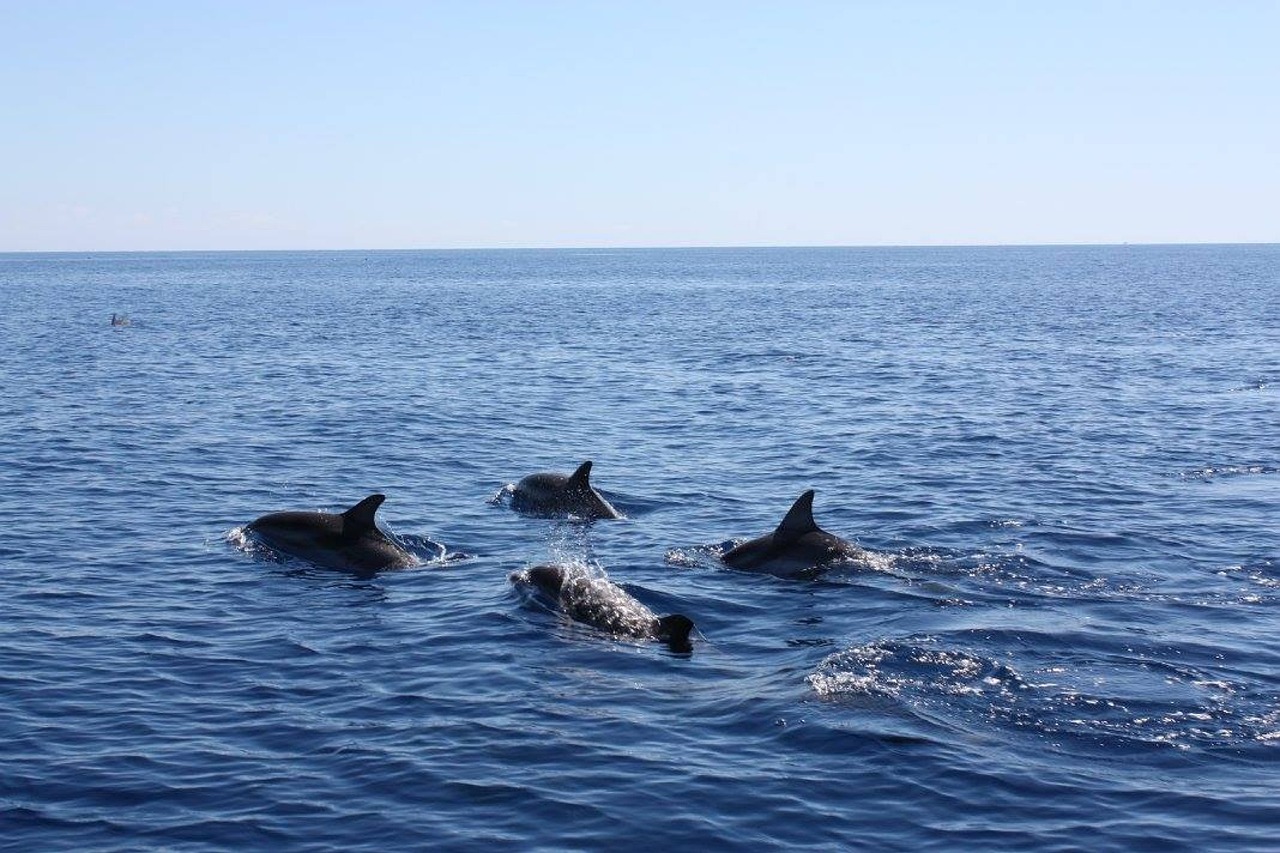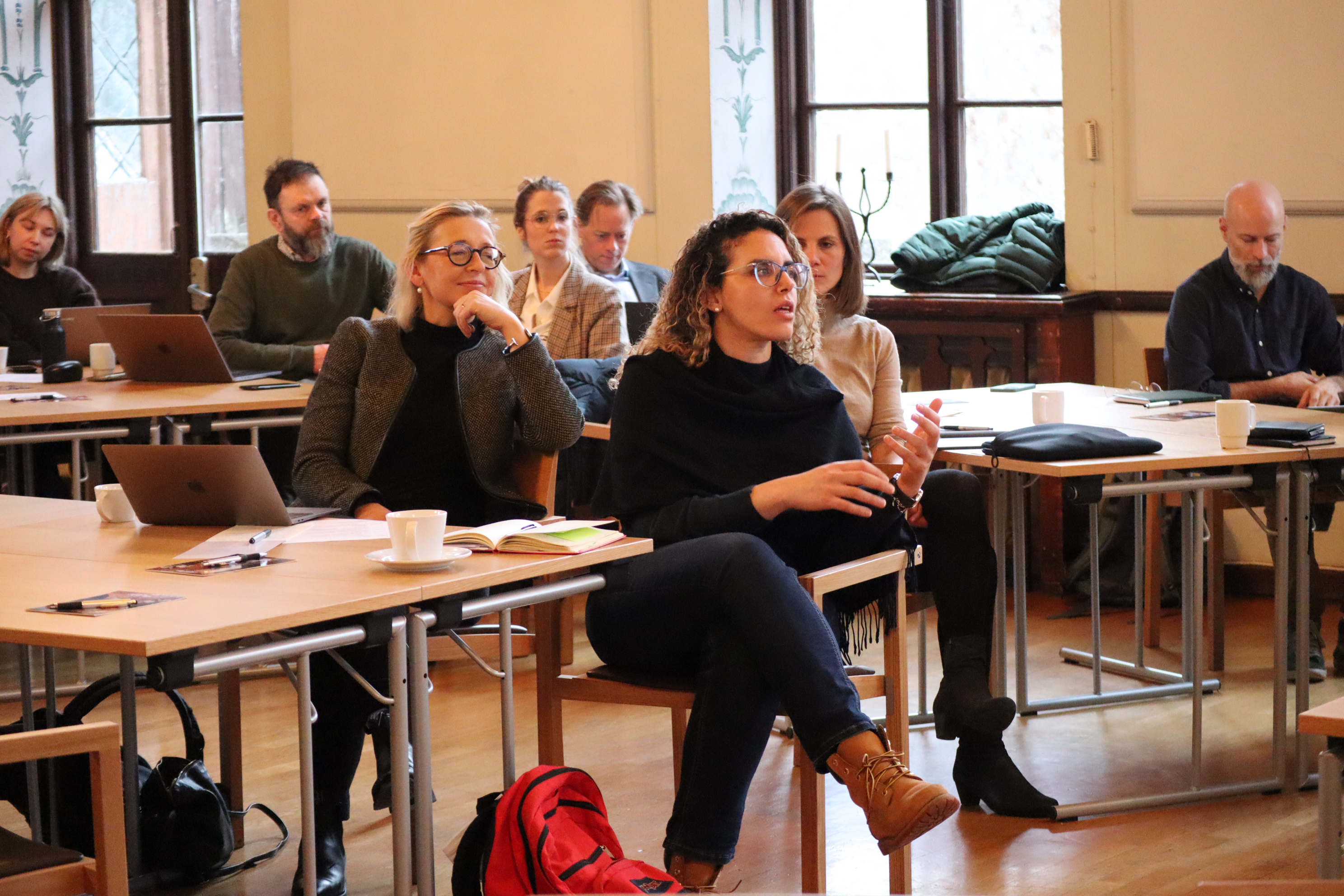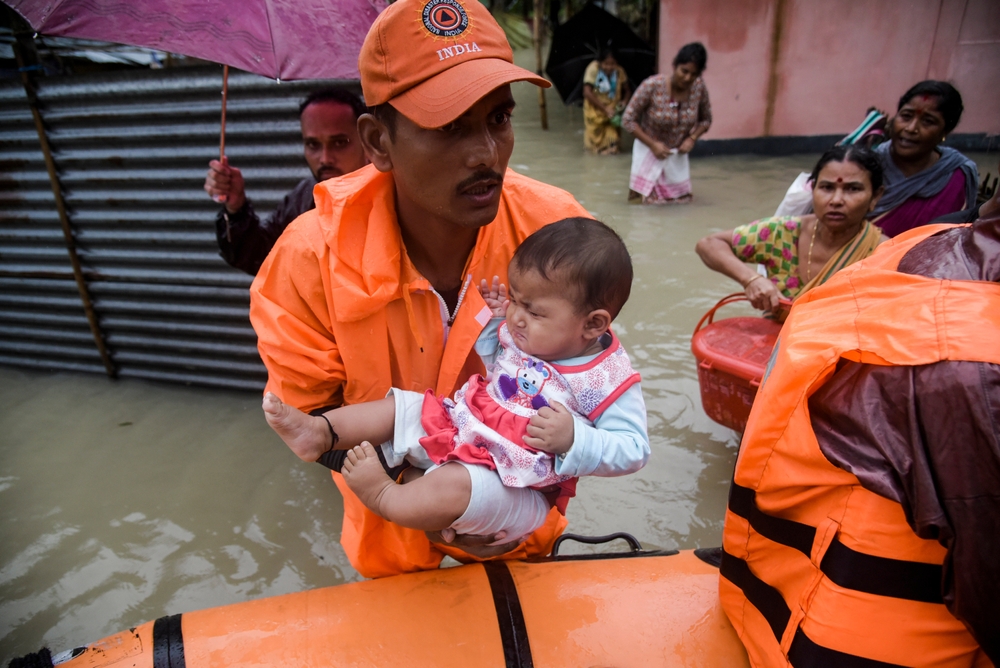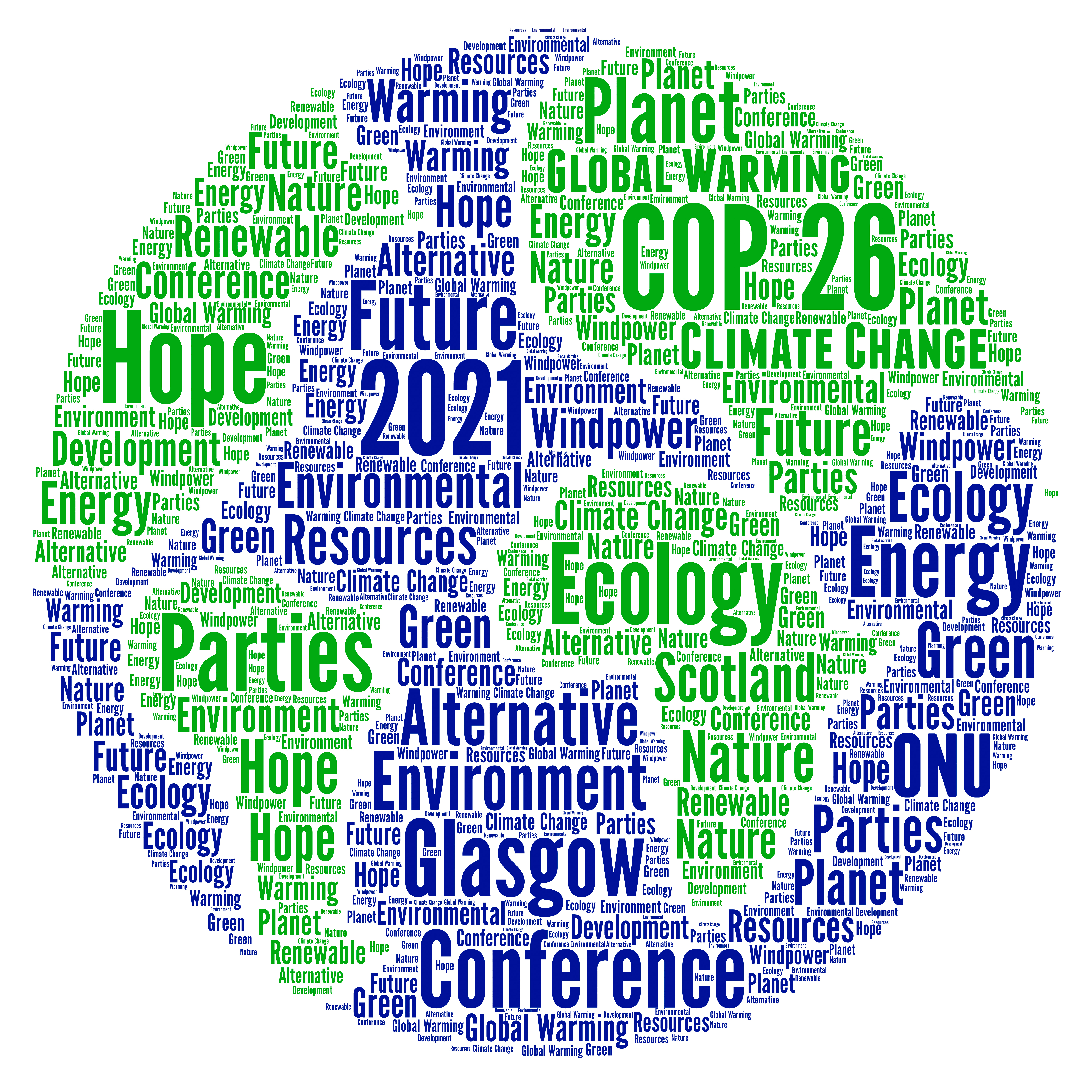PhD students connected to Mistra Geopolitics Research School share their journey, insights and vision for the future.

Elin Leander shares insights on how G20 members and other nations can take a stand supporting the UN High Seas Treaty and why it matters.

Researchers shared the latest insights on circularity, the production gap and energy transition from the decarbonization research theme

Dr. Jiayi Zhou shares insights about her research on conflicting narratives around security in the current geopolitical environment.

Insights from the Stockholm World Water Week session "Humanitarian responses to climate-related shocks in fragile settings: information challenges."

Henrik Carlsen reflects on vulnerabilities in global supply chains and how developing future scenarios can support climate change adaptation.

In an interview for DN, researchers explain how climate change may give a strategical advantage to Russia in terms of food production.

Karina Barquet moderated a dialogue on marine spatial planning and the role of innovation in the blue economy at Stockholm+50.

Björn-Ola Linnér summarizes the outcomes of COP26 in Glasgow and look ahead towards the Stockholm+50 conference to be held in June this year.





Carlsen argues that innovation is required at the societal level and that the state must play a much more active role in the green transition.